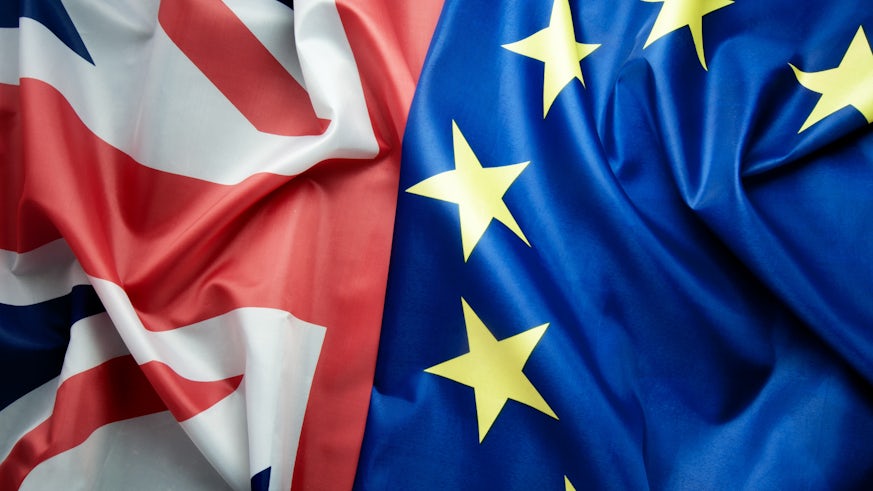Will the Union survive Brexit?
2 October 2017

A majority of those in England who voted for the UK to leave the European Union are willing to risk the breakup of the UK to make Brexit happen, according to new research from Cardiff University and the University of Edinburgh.
Eighty-eight per cent of leave voters felt that a ‘yes’ vote in a second referendum on Scottish independence was an acceptable price to pay in order to "take back control." A similarly high proportion, 81%, also felt that destabilising the Northern Ireland peace process would be worthwhile to see the UK exit the European Union.
The findings, taken from the latest Future of England survey, were be presented at a fringe meeting of the Conservative Party's Annual Conference in Manchester.
Conservative supporting leave voters are also more likely to countenance the breakup of the UK with 92% prepared to accept Scotland voting for independence (compared to 78% of Labour supporting leave voters). By the same token, 87% of Conservative supporting leave voters would be willing to risk jeopardising Northern Ireland’s peace process (compared to 67% of Labour supporting Leave voters).
Speaking ahead of the meeting, Professor Ailsa Henderson, Professor of Political Science at the University of Edinburgh, said: "It’s evident from the data just how high a price many leave voters would be willing to pay to make Brexit a success. What’s perhaps most remarkable is the substantial proportion of Conservative supporters that are willing to risk the breakup of the UK to see Brexit happen."

"For well over a century, the Conservative and Unionist Party has been the party most associated with defending the Union. But with such a high proportion of the party’s supporters willing to sacrifice the Union to ‘take back control’, it might well be time to ask whether the party still lives up to that name."
Share this story
Undertaking innovative research into all aspects of the law, politics, government and political economy of Wales, as well the wider UK and European contexts of territorial governance.



